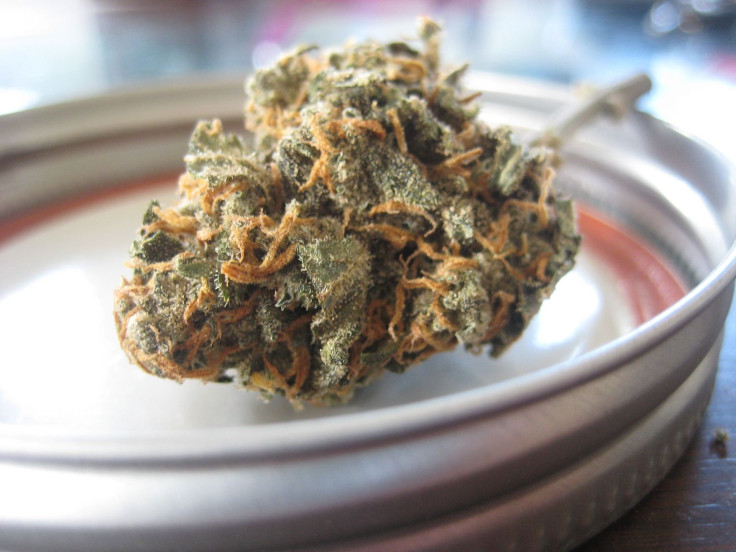Why Do Kids Smoke Weed? Study Examines Anxiety, Coping With Abuse

A good chunk of young adults who smoke weed daily or who meet criteria for addiction have suffered from anxiety disorders, according to a study.
Researchers were looking for patterns that could help them understand who is at risk for “problematic cannabis use in early adulthood,” according to their paper in the Journal of the American Academy of Child and Adolescent Psychiatry. Using data from more than 1,200 people from North Carolina collected over the course of about 20 years, from childhood and into their 30s, the scientists were able to find associations between marijuana usage and different factors. They were looking for links from drug and alcohol usage to mental health, education, socioeconomic status, race and other circumstances, and found that roughly a quarter of those who were labeled as having a marijuana use problem as young adults had anxiety disorders while they were growing up.
For some of those youths, their issues with pot started as early as 9 years old and went on into their 30s. According to the research, among the marijuana users studied, the group that had a persistent weed habit also showed the highest risk for mental illnesses and experience with the criminal justice system.
The researchers say tending to mental health issues might help prevent drug dependencies.
Other connections were made between marijuana abuse and childhood experiences. For the roughly 4 percent of adults who reported being bullied by their peers during childhood and being treated poorly by their caregivers but did not turn to weed during that time, their experiences came back to them — according to the research, they eventually developed a problem habit with the drug between ages 26 and 30. The study referred to that as a “delayed pattern” of marijuana abuse.
“What we don't yet understand is how childhood maltreatment didn’t prompt earlier problematic use of cannabis between ages 19 and 21 — how individuals could be resilient to that kind of adverse experience for so long,” lead study author Sherika Hill said in a statement from Duke University Medical Center. “One theory is that they were somewhat protected by having fewer peers in late adolescence who were substance users, but this is one of the questions we will continue to seek answers for.”
The delayed users were separated significantly by race. According to the research, black people were five times more likely than white people to avoid marijuana abuse between ages 19 and 21, the ages when marijuana usage typically peaks, only to become problematic users in their late 20s and early 30s.
“Given that more states may be moving toward legalization of cannabis for medicinal and recreational purposes, this study raises attention about what we anticipate will be the fastest growing demographic of users — adults,” lead study author Sherika Hill said in a statement from Duke University Medical Center. “A lot of current interventions and policies in the U.S. are aimed at early adolescent users. We have to start thinking about how we are going to address problematic use that may arise in a growing population of older users.”
Overall, the research showed a stronger connection between persistent marijuana abuse and mental health issues; and between a delayed habit and more external factors.
Another category, the limited users in the group, who trouble with marijuana use when they were younger but grew out of it, had a stronger connection to “childhood family instability and dysfunction,” the study noted.
According to Hill, that was a surprise because people tend to associate those childhood issues with drug addiction more often.
“When this group of children left home, they seemed to do better,” Hill said. “They didn’t have as many children at a young age, and they went further in their education when they were 19 to 21 compared to those with persistent and delayed profiles.”
© Copyright IBTimes 2024. All rights reserved.











